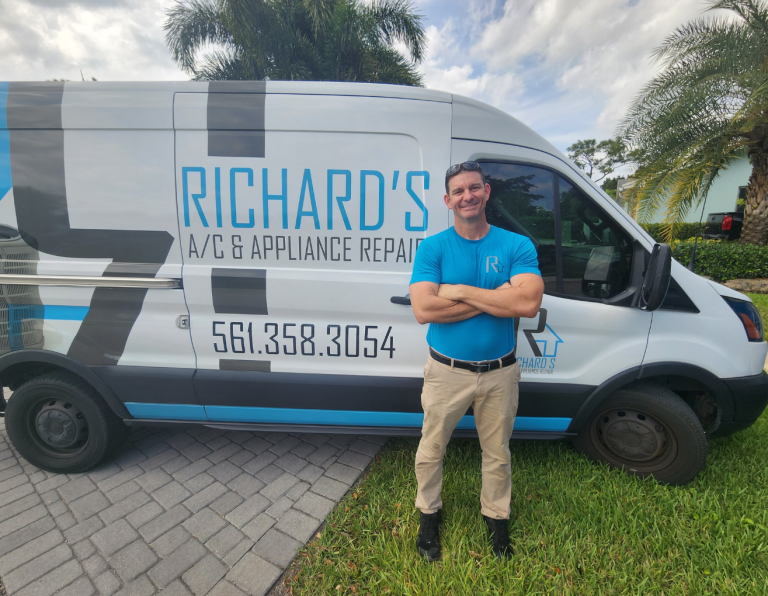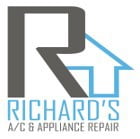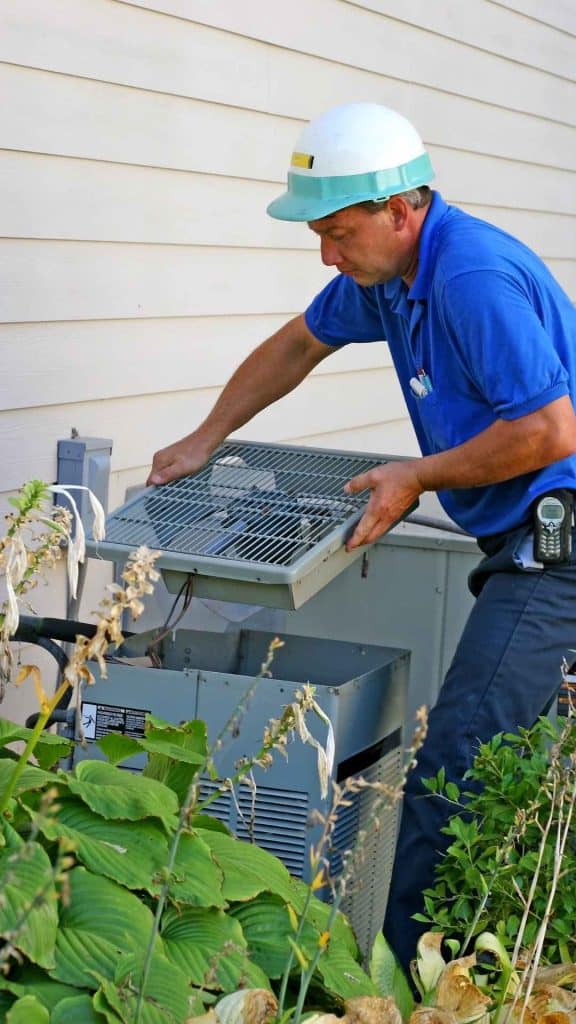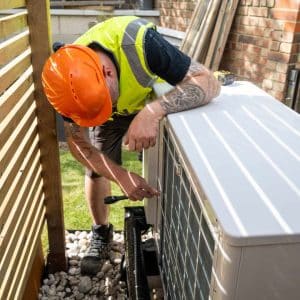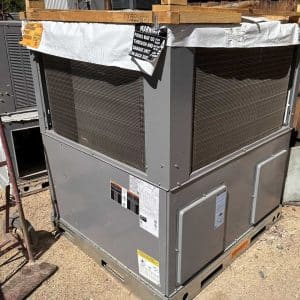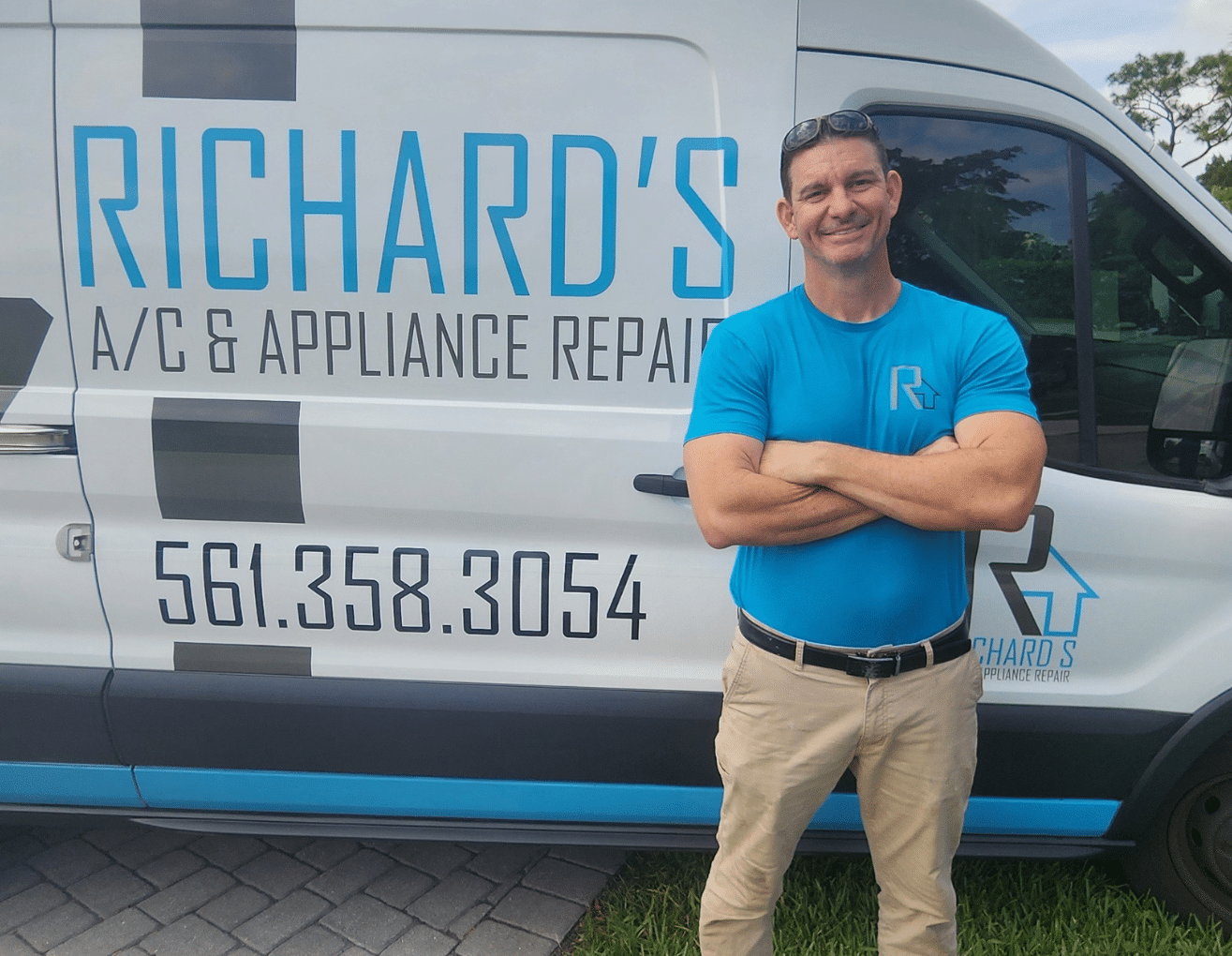Ask anyone who lives in Florida what makes the summer challenging, and chances are “humidity” will be high on the list, right alongside the heat. That thick, sticky feeling in the air doesn’t just make you uncomfortable; it makes the heat feel more oppressive and can even impact your home’s health. While your air conditioner is primarily known for cooling, it’s also your secret weapon in the fight against Florida’s notorious humidity. Understanding how your AC tackles moisture – and how you can help it do its job better – is key to unlocking truly comfortable indoor living.
This isn’t just about feeling less sticky. Effectively managing indoor humidity contributes to better air quality, helps prevent mold growth, protects your home furnishings, and can even make your home feel cooler at slightly higher thermostat settings, potentially saving you money! Let’s explore how your AC works as a dehumidifier and dive into some practical “humidity hacks” to maximize its effectiveness.
Understanding Humidity and Its Impact in Florida
So, what exactly is humidity? Simply put, it’s the amount of water vapor present in the air. Relative humidity, the number you often hear in weather reports, measures the amount of moisture the air holds compared to the maximum amount it could hold at that specific temperature. Florida’s proximity to the ocean and frequent rainfall contribute to consistently high relative humidity levels, especially during the spring and summer months.
Why does this matter? High humidity significantly impacts your comfort because it slows down the evaporation of sweat from your skin – your body’s natural cooling mechanism. When sweat can’t evaporate easily, you feel hotter, stickier, and more uncomfortable, even if the actual air temperature isn’t excessively high. Beyond personal comfort, excessive indoor humidity creates an ideal breeding ground for mold, mildew, dust mites, and other allergens. It can lead to musty odors, condensation on windows, warped wood furniture or flooring, and a generally damp feeling throughout your home.
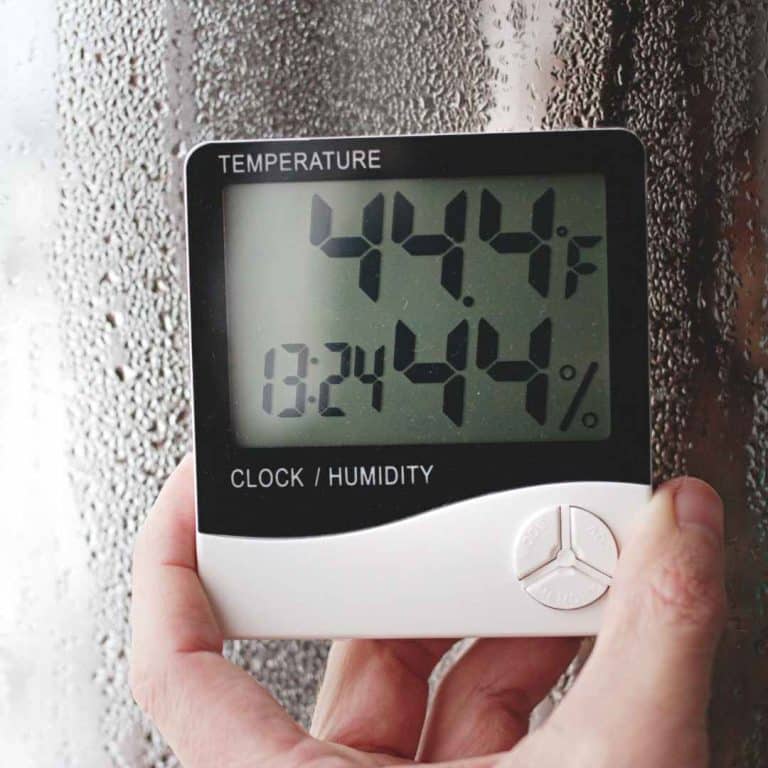
How Your Air Conditioner Fights Humidity
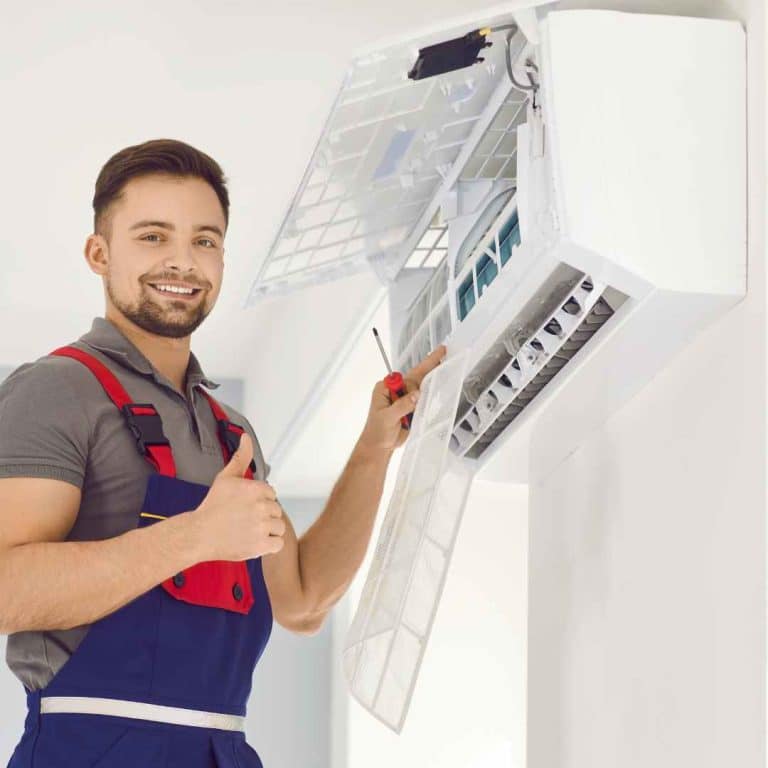
Your air conditioner doesn’t just magically make the air colder; a crucial part of the cooling process involves removing moisture. Think of it like a cold glass of iced tea on a humid day – water droplets condense on the outside of the glass. Your AC works similarly.
Inside your AC’s indoor unit (the air handler), there’s a set of very cold coils called the evaporator coils. As warm, humid air from your home is drawn in and passes over these frigid coils, two things happen: the air cools down, and the water vapor in that air condenses into liquid water. This process effectively pulls moisture out of the air. This collected water drips into a drain pan beneath the coils and is channeled outside your home through the condensate drain line. So, every time your AC runs a cooling cycle, it’s also actively dehumidifying your home’s air, making it feel cooler and drier.
Hacks and Strategies: Helping Your AC Tackle Humidity Better
While your AC naturally dehumidifies, several factors influence how effectively it performs this task. Here are some strategies and “hacks” to help your system combat Florida humidity more efficiently:
1. Ensure Proper AC Sizing: Bigger Isn't Always Better
This might sound counterintuitive, but an air conditioner that's too large for your home can actually worsen humidity problems. An oversized unit cools the air very quickly, reaching the thermostat setpoint and shutting off before it has had enough runtime to remove a significant amount of moisture.
This rapid on-and-off process is called "short cycling." It results in air that feels cool but damp and clammy – not ideal for Florida comfort. Getting the right size AC unit, professionally calculated based on your home's square footage, insulation, window types, and other factors, is crucial for both effective cooling and proper dehumidification. If you're considering a new system, Richard's AC ensures proper sizing for optimal performance.
2. Optimize Your Thermostat Settings
Cranking the thermostat down to a frigid temperature won't necessarily lead to better dehumidification, especially if the unit is oversized or not running efficiently. It often just wastes energy. Aim for the highest comfortable temperature setting (the Department of Energy often recommends around 78°F when home, but personal comfort varies).
Maintaining a consistent temperature allows the AC to run longer, more consistent cycles, which are better for removing humidity. Consider using a programmable or smart thermostat to maintain consistency even when you're away or asleep – Richard's AC installs various thermostat options!
3. Maintain Your AC System Regularly (Crucial!)
- Clean Coils: Dirty evaporator coils hinder the condensation process. Professional cleaning ensures maximum moisture removal.
- Clear Drain Line: A clogged condensate drain line prevents moisture from escaping, potentially causing water backup and system shutdowns. Professional flushing keeps it clear.
- Correct Refrigerant Charge: Improper refrigerant levels affect the coil temperature, reducing the system's ability to pull moisture from the air. Technicians check and adjust this during tune-ups.
- Optimal Airflow: Clean filters and well-maintained components ensure proper airflow across the coils, which is essential for dehumidification.
4. Check for and Seal Air Leaks
Humid Florida air is always trying to sneak into your cool, conditioned home. Gaps around windows and doors, leaks in ductwork, and poor insulation allow warm, moist air to infiltrate. This forces your AC to work harder and run longer to remove the extra heat and humidity, increasing energy costs and potentially overwhelming its dehumidification capacity. Sealing air leaks and ensuring proper insulation helps maintain a tighter building envelope, reducing the humidity load on your AC.
5. Consider a Variable-Speed Air Handler Upgrade
If you're thinking about upgrading your AC system, consider one with a variable-speed air handler. Unlike traditional single-speed systems that are either fully on or off, variable-speed units can adjust their speed. They often run for longer periods at lower speeds. This extended runtime at lower capacity is fantastic for dehumidification, as it allows more air to pass over the coils over time, removing significantly more moisture and providing superior comfort control.
6. Use Exhaust Fans Strategically
Don't make your AC do all the heavy lifting! Activities like showering, bathing, and cooking generate a lot of moisture. Always use your bathroom and kitchen exhaust fans during these activities and let them run for about 15-20 minutes afterward. Venting this moisture directly outside prevents it from spreading throughout your home and adding to your AC's dehumidification workload.
7. Explore Supplemental Dehumidification (If Needed)
In some cases, especially in homes with persistent humidity issues or specific areas prone to dampness (like basements, though less common in Florida), a standard AC might not be enough. A whole-home dehumidifier, which integrates directly with your HVAC system, can provide powerful, dedicated moisture removal. While not always necessary, it's an option to discuss with an HVAC professional if high humidity remains a problem despite optimizing your AC system.
Richard's AC: Your Partner in Florida Climate Control
Taming Florida’s humidity requires understanding how your AC system works and taking steps to optimize its performance. At Richard’s AC, we live and work here, so we understand the challenges posed by our unique climate. From ensuring your system is properly sized and expertly installed to providing thorough preventative maintenance that keeps coils clean and drain lines clear, we’re here to help. We can also discuss upgrades like smart thermostats or variable-speed systems, and even improve overall air quality with solutions like REME HALO air purifiers, which work hand-in-hand with humidity control to combat mold and mildew growth.
Enjoy a Drier, More Comfortable Home This Summer
Don’t let Florida’s humidity dictate your comfort level. By implementing these hacks and ensuring your air conditioner is well-maintained and operating efficiently, you can create a drier, healthier, and more comfortable indoor environment all summer long. Remember, effective humidity control often allows you to feel comfortable at slightly higher temperatures, saving energy in the process.
